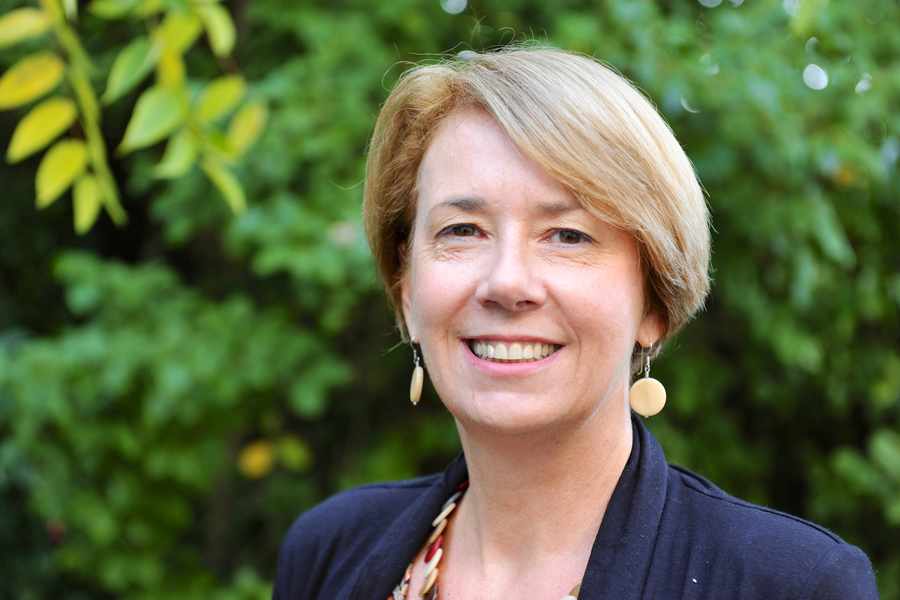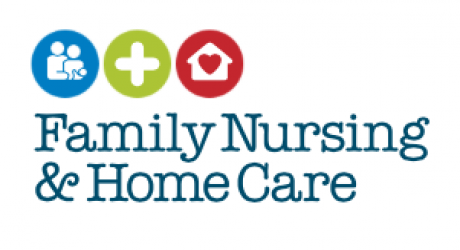- More than 150 patients treated at home through successful scheme.
- Rapid Response Service aims to tackle bed blocking.
- Find out what the service involves, and see how much of a problem bed blocking is causing nationally.
A SCHEME that aims to reduce pressures on hospital beds has resulted in more than 150 patients being treated in their own homes since the initiative was launched nine months ago.
The Rapid Response Service, which works to prevent inappropriate hospital admissions or to help those patients already in hospital to be discharged more quickly, has delivered 688 days of care in Islanders’ homes since it was launched last May.
- The Rapid Response Team, which is run by nurses with special training in advanced nursing practice, works with Hospital doctors to identify patients early in their admission who could safely be discharged early and supported in the community.
- To prevent inappropriate Hospital admissions, the team also works with the patient and their GP to provide care at home that previously could only be provided in hospital.
- It was set up as part of a range of community services by the Health Department to help reduce demands on the Hospital by treating more Islanders in the community.
- The team support patients suffering from illnesses such as pneumonia, urinary tract infections and surgical wound infections, at home and aims to prevent inappropriate hospital admissions and, for some people already in hospital, to get them discharged more quickly.
- Clare Stewart, team leader, said: Once back at home, it is easier to involve people that the patients know and trust, such as family, friends and their regular carers in their recovery. This contributes to the patients sense of well-being and reduces the risk of disorientation and confusion.
- Between 5 May when the pilot was launched until 31 July, the service treated 55 patients, saving 226 hospital bed days. During this period the scheme supported patients between 19 and 96, with the average age being 69. The average length of time Islanders are supported is four days.
Julie Gafoor, chief executive of Family Nursing and Home Care – the charity which runs the service – says it has helped tackle bed blocking, a problem where patients are unable to leave hospital due to a shortage of suitable care elsewhere.
It comes after NHS England reported that in December there were 139,156 days where patients were stuck in beds.
Meanwhile, NHS Scotland has announced an additional £100 million in funding to tackle the problem as statistics show that over a four-week period an average of 1,216 beds per day were unavailable to incoming patients.
FNHC launched the Rapid Response service in partnership with the Health Department and since its launch it has treated 167 patients, preventing them having to be admitted to hospital.
In November it integrated with the Health Department’s Crisis Re-ablement ream, which includes nurses, home care assistants, therapists and social workers.
Re-ablement encourages patients to be more independent by doing things for themselves rather than have things done for them.
Clare Stewart, team leader, said: ‘To free up so many bed days really makes a difference and means we can confidently say we’re tackling the issue of bed blocking.
‘The recent statistics from NHS Scotland show that bed blocking is not just costly, it also causes long delays in A&E departments and prevents patients from getting home or staying in their homes.
‘Much of FNHC’s work is provided to patients in their own homes.
‘We know that patients who are able to stay in their own home recover faster, have a reduced risk of infections and maintain their independence for longer than if they had to be admitted to hospital.’
Julie Gafoor, chief executive of FNHC, said: ‘This approach means that the Island’s most vulnerable residents have access to an integrated nursing and home care service and that we are able to tackle issues, such as bed blocking, far more easily.’
Health Minister Andrew Green said: ‘I’m delighted that the service provided by our partners from Family Nursing & Home Care has been able to make such a positive difference.
‘This is good for patients, who can be cared for in their own homes, and good for the Hospital in freeing up capacity.’


Bed Blocking in England:
- An estimated total of 1,928,255 bed days have been lost to the NHS in England since 2010, at a cost of £526m, according to Age UK.
- The charity revealed that that the average wait faced by a patient needing equipment such as grab rails or ramps fitted at home has soared by 11.5 per to 27.3 days.
- Meanwhile, a social care package now takes 28.6 days to be arranged, which is five per cent longer than in 2010.
- Caroline Abrahams, Age UK’s charity director, told a national paper: This marked rise since 2010 in the length of time people are being forced to linger in hospital because of a delayed assessment, care home place, home care package or home adaptation is an outcome of the crisis in social care.
- It’s crazy to waste expensive NHS resources in this way.
Bed Blocking in Scotland:
- The Scottish government has pledged to tackle the issue of patients stuck waiting to be discharged from hospital with £100 million of funding.
- The money, invested over three years, will be used to help health boards and councils provide support packages for people in their own homes.
- Figures from October showed a rise in the number of patients waiting longer than four weeks to be discharged.
- In October, 321 patients were delayed for more than four weeks after they were ready to go home. This compared to 274 in July and 156 in October 2013.
- Of the 321 patients included in the latest figures, 145 were waiting for a place to become available in a care home, while a further 90 were waiting to return to their own house.
- The figures also showed 215 patients were delayed for more than six weeks in October this year, compared with 175 in July and 100 last October.
- Health Secretary Shona Robison has said cutting the number of people stuck in hospital waiting for a care package to be arranged is an absolute key priority for the Scottish government.

- FNHC is a Jersey charity providing nursing care in the community from birth to end of life.
- It needs to raise £2 million per year in donations to continue providing its services.
- Julie Gafoor is the charitys chief executive. She started her career working as a nurse in the NHS, firstly as a Sister in intensive care and then as a Night Sister. She moved to work in the community in 1994, working as a Health Visitor and then as the health lead for the Sure Start centre in Oxford.
- Mrs Gafoor moved to Jersey in 2001, where she became the operational lead for Child and Family Services at Family Nursing and Home Care. She continued in this role until 2012, when she was appointed as chief exective.





